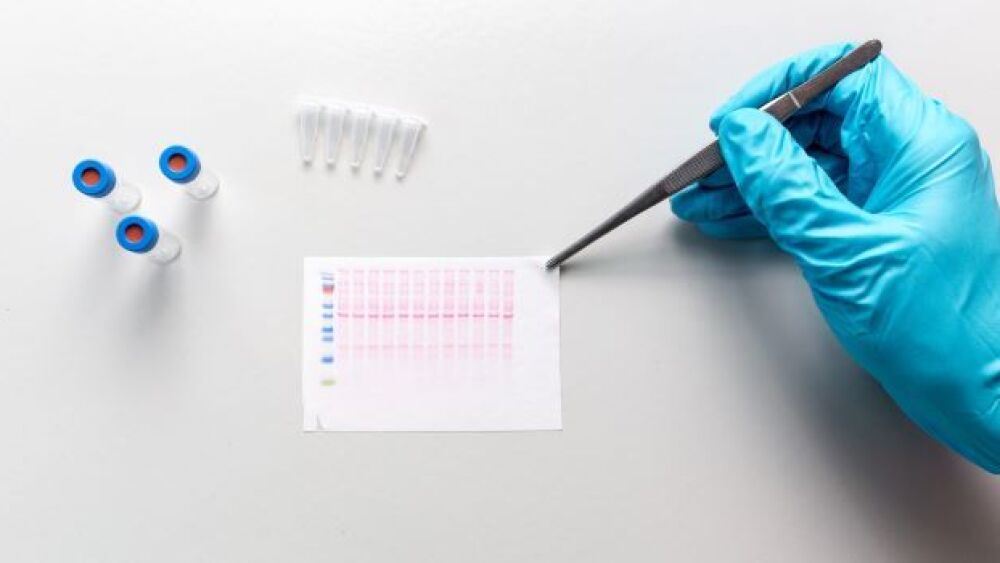The petition was posted on Monday by shareholder rights law firm Labaton Sucharow.
It appears that Alzheimer’s drug developer, Cassava Sciences, would have been wise to check in with its partner, Quanterix Corp., before referencing the digital health solutions company in its defense against allegations brought earlier this week by shareholder rights law firm, Labaton Sucharow, in a citizen’s petition to the U.S. Food and Drug Administration (FDA).
Texas-based Cassava, whose mission is to develop innovative treatments for neurodegenerative conditions, is developing Simufilam, an investigational small molecule drug that aims to restore the normal shape and function of altered scaffolding protein, filamin A (FLNA), in the brain.
In a staunch defense issued Wednesday morning, Cassava called the claims “false and misleading” and responded to each one in detail. Among these was the allegation that all of the foundational science supporting Simufilam, including biomarker data, was generated by Cassava SVP of Neuroscience, Dr. Lindsay Burns and scientific advisor, Dr. Hoau-Yan Wang.
In response, Cassava pointed shareholders to plasma p-tau data it claimed was generated by Lynn A. Brunelle of Quanterix Corp., which it then presented at the 2021 Alzheimer’s Association International Conference.
In an official statement published Friday morning, Quanterix denied that it was directly involved in generating this data.
“Cassava previously engaged Quanterix’ Accelerator laboratory to perform sample testing based on blinded samples provided by Cassava,” the statement read. “Quanterix or its employees did not interpret the test results or prepare the data charts presented by Cassava at the Alzheimer’s Association International Conference (AAIC) in July 2021 or otherwise.”
The companies now appear to be on the same page, however, as Cassava also released a statement on Friday confirming that “Quanterix’ sole responsibility with regard to this clinical study was to perform sample testing.”
The saga began when Jordan Thomas, partner and chair of the whistleblower representation practice at Labaton Sucharow, requested that federal regulators put a halt to Cassava’s clinical trials, suggesting that some of the company’s results appeared to show signs of data manipulation.
“This report raises concerns about the quality and integrity of the laboratory-based studies surrounding this drug candidate,” Thomas wrote. “The volume of problematic material uncovered in publicly available sources indicates a thorough audit would likely unveil significant additional scientific misconduct and data manipulation.”
Thomas additionally stated that “the methodology allegedly used in these experiments defies logic.”
On Wednesday, Cassava came out swinging.
“As a science company, we champion facts that can be evaluated and verified,” said Cassava President and CEO Remi Barbier. “This helps people make informed choices. It is important for stakeholders to separate fact from fiction, which is why we wish to address allegations head-on.”
Barbier told BioSpace that he had “never heard of a Citizen’s Petition for a pre-phase III drug, especially on a drug candidate that appears to be as safe as simufilam.”
Of the myriad alleged problems the firm had, two stood out in the areas of Western blot analysis and biomarker data.
In its official response, Cassava rebutted what it called the fictional claim that “extensive use of Western blot analysis is foundational to Cassava Sciences’ research and therefore suspicious.”
The company responded by stating that “Western blotting is a standard lab technique used worldwide to detect a protein of interest.” Cassava additionally refuted claims that that the data appeared overexposed and highly processed, signaling image manipulation, saying that anything less would show evidence of inexperience.
On Tuesday, Cassava stated that it had reached an agreement with the FDA regarding the Special Protocol Assessment for its Phase 3 studies of oral simufilam for the treatment of patients with Alzheimer’s disease.
The company also reaffirmed initial guidance it had received from the agency to advance Simufilam into a pivotal six-month phase III trial which it is planning to initiate during the second half of 2021.






